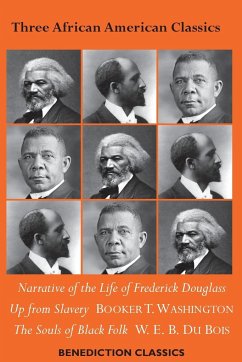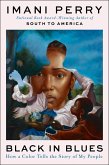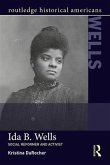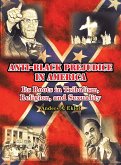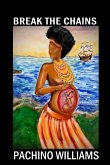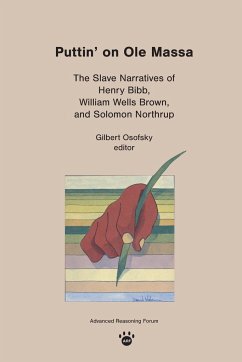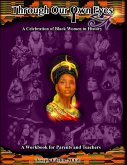"Throughout his long career, Frederick Douglass cut an imposing figure, renowned as an impassioned abolitionist, a fiery writer and newspaper editor. He was a great public speaker, who became a one-man crusade for black liberation." - Robert McCrum, The Guardian. "It is difficult to think of anyone, at any time, who examined the race problem in its many aspects more profoundly, extensively, and subtly than W. E. B. Du Bois." - Stanford Encyclopedia of Philosophy. "I knew that, in a large degree, we were trying an experiment--that of testing whether or not it was possible for Negroes to build up and control the affairs of a large educational institution. I knew that if we failed it would injure the whole race." ¿Booker T. Washington. Three African American Classics contains three of the most significant works of African American literature by three authors who led vastly different lives. In Narrative of the Life of Frederick Douglass Frederick Douglass (1818-1895), a runaway slave, describes the horrors and humiliations of slavery, his escape, and his journey to becoming one of America's great statesmen and orators. Booker T. Washington (1856-1915), born into slavery, was freed at the age of nine at the end of the Civil War. Until his first day at school he was known only by the name "Booker," but to be like all the other children, he quickly added "Washington," beginning his non-confrontational approach to self-advancement. Up from Slavery describes his childhood as a slave, his dogged pursuit of education, his founding of the Tuskegee Institute, now Tuskegee University, his work promoting educational and business opportunities for former slaves, and as an advisor to several US presidents. The Massachusetts-born, Harvard-educated W. E. B. Du Bois (1868-1963) begins The Souls of Black Folk with the prescient phrase: "the problem of the twentieth century is the problem of the colour line." Lyrically and poetically written, The Souls of Black Folk is a seminal work in the history of sociology and a cornerstone of African-American literature. It is a profound examination of race in America, drawing on both Du Bois's academic training and his personal experience as an African American in the United States. The Souls of Black Folk has been called "the political Bible of the Negro race." This edition is set in an easy to read 11-point font.
Hinweis: Dieser Artikel kann nur an eine deutsche Lieferadresse ausgeliefert werden.
Hinweis: Dieser Artikel kann nur an eine deutsche Lieferadresse ausgeliefert werden.

